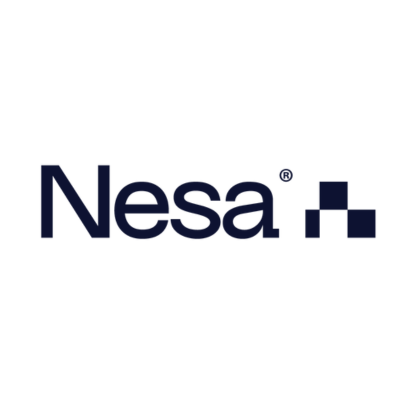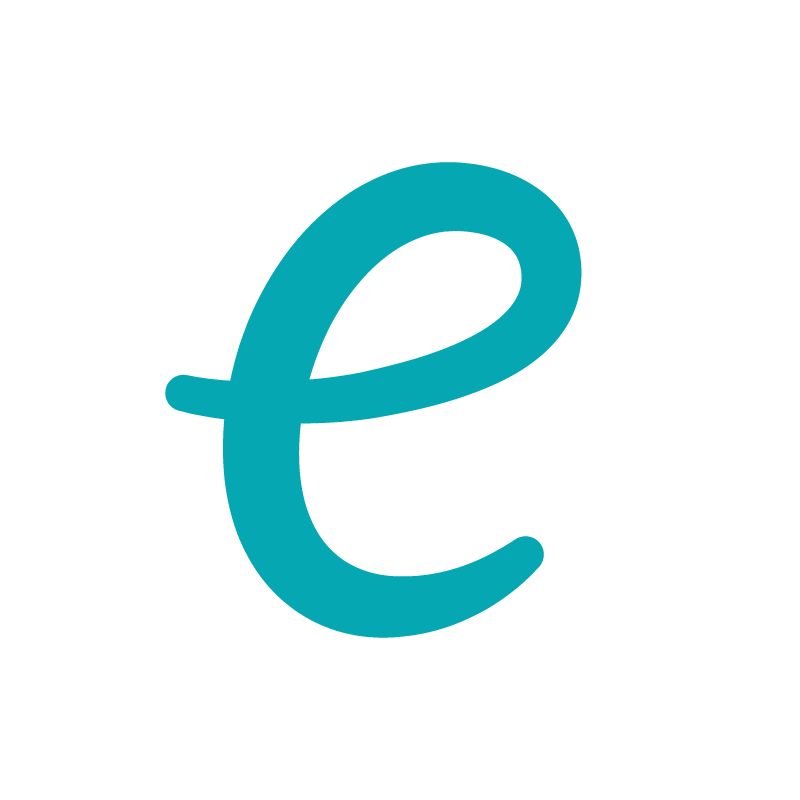Nesa is is the ONE platform for any use case from admission to transition and provides Epic-native virtual care infrastructure with AI-powered clinical intelligence, enabling health systems to scale clinical capacity across unlimited workflows through a single platform and integration.
Core Capabilities:
Virtual Nursing
Deploy hub-and-spoke models where virtual clinicians monitor 12-16 patients with AI-powered alerts, provide admission/discharge support, medication verification, and documentation assistance—all within Epic workflow.
AI-Powered Safety Monitoring
Continuous computer vision analytics detect fall risks, monitor patient positioning, and track behavioral changes, writing data directly to Epic flowsheets with <15-second alert-to-intervention times.
Specialist Consults
Connect neurologists, neonatologists, and intensivists to multiple facilities via Epic Monitor for stroke assessment, NICU resuscitation, ICU backup, and tele-specialty services.
ED Virtual Triage
Conduct intake via Epic ASAP, expedite orders, reduce LWBS rates, streamline bed assignment, and reduce boarding times through virtual physician assessment.
Hospitalist Coverage
Enable after-hours and multi-site coverage where hospitalists admit from multiple EDs simultaneously, provide backup coverage, and eliminate admission delays.
Admission, Discharge & Transfer (ADT)
Streamline ADT workflows virtually through Epic integration, reducing patient wait times and improving care coordination across transitions.
Ambient Clinical Documentation
Capture care conversations and automatically document in Epic through ambient voice intelligence, reducing documentation burden without leaving workflow.
Surgical/OR Support
Virtual nurses document procedures in Epic OpTime while surgical teams stay focused on patient care, capturing supplies and interventions in real-time.
Care Coordination
Conduct home assessments, coordinate post-acute transitions, and enable family participation via MyChart Bedside TV integration.
Behavioral Health Monitoring
Remotely monitor patient behavior with AI-powered detection to ensure real-time patient and staff safety, particularly in psychiatric and detox settings.




























